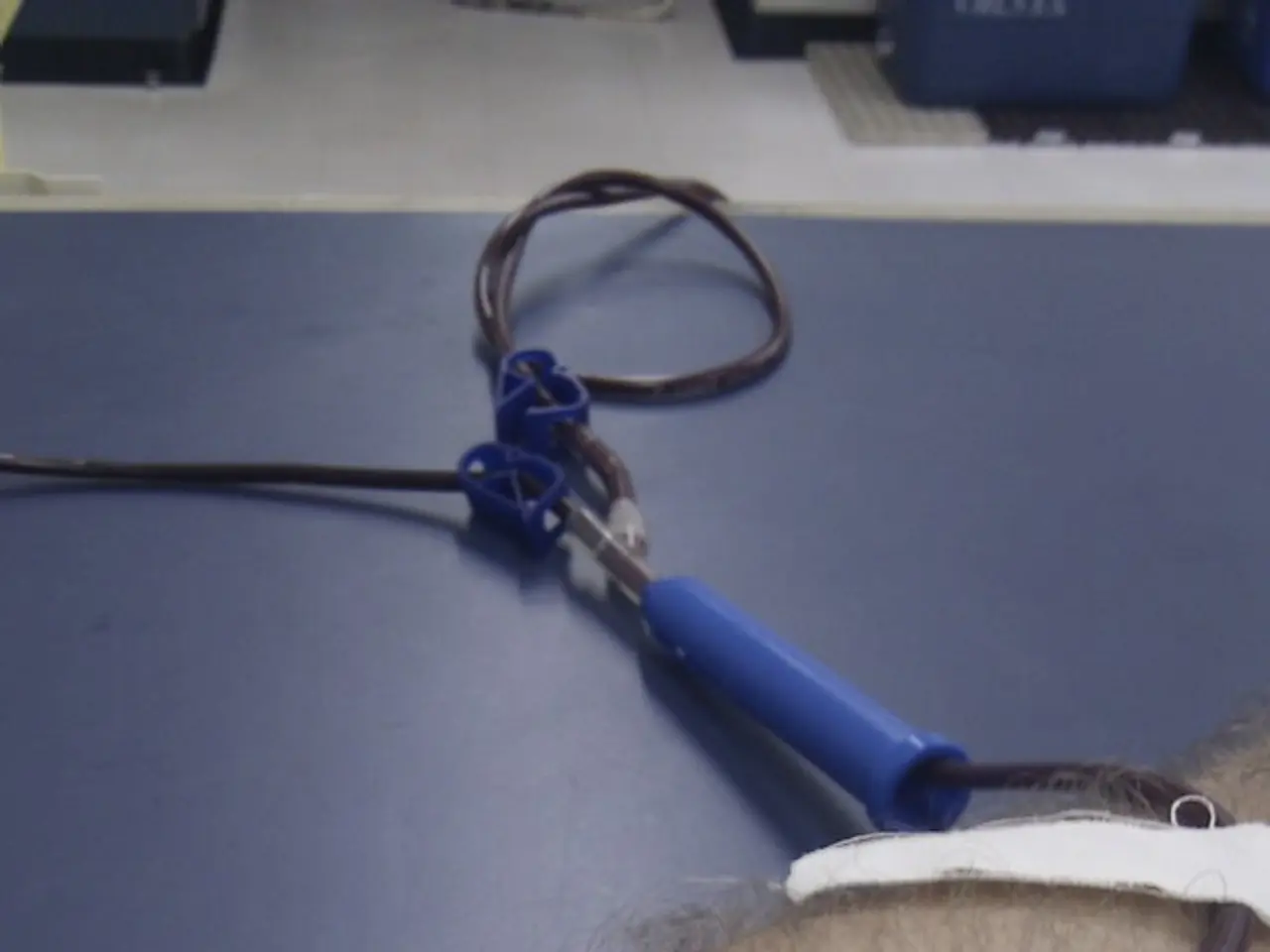Duration of Marijuana Intoxication
The duration of a weed high, also known as cannabis, can vary significantly based on several factors. Understanding these elements can help users predict and manage their experiences better.
- Method of Consumption
Smoking or vaping delivers THC, the psychoactive compound in cannabis, rapidly into the bloodstream, leading to a quick onset (within minutes) and typically a shorter duration (about 1-3 hours) of effects. In contrast, edibles take longer to metabolize (30 minutes to 2 hours for onset) but produce longer-lasting and often more intense highs, sometimes lasting 6 to 8 hours or more[1][3][5].
- THC Dose and Potency
The amount and concentration of THC consumed greatly influence how strong and how long the high lasts. Higher doses or potent strains/concentrates cause more intense effects and extend the duration of detectable THC in the body[2][3][4].
- Frequency of Use and Tolerance
Regular users develop tolerance, which can shorten perceived duration and reduce intensity. Occasional or new users typically experience stronger and longer-lasting effects due to lower tolerance[1][3][4].
- Metabolism and Body Composition
THC is fat-soluble and stored in fat cells. Individuals with higher body fat may metabolize and eliminate THC slower, prolonging detectable presence and sometimes the duration of effects. Conversely, a faster metabolism accelerates clearance[1][3].
- Hydration, Diet, and Physical Activity
Hydration and a healthy diet may help metabolize THC faster, though not instantly. Exercise can release THC stored in fat back into the bloodstream temporarily, potentially affecting intensity and duration[1][3].
- Psychological and Environmental Factors
Mental state, anxiety, mixing cannabis with alcohol, and social setting can influence perceived intensity and risk of overwhelming effects like "greening out" (extreme discomfort)[4][5].
To reduce the high, a cold bath or shower can increase alertness, while certain foods like lemon, pine nuts, and black pepper may serve as an antidote[6]. It is crucial to remember that recreational cannabis use is controversial and illegal in many states, so it should be purchased legally.
Long-term risks include memory issues, difficulty learning, insomnia, and schizophrenia (for those with a higher genetic risk)[7]. If a person becomes dependent on cannabis or experiences concerning side effects such as insomnia or memory loss, they should seek medical advice.
Mixing cannabis and alcohol can strengthen each other's effects, cause THC to stay in the body's system for longer, and extend the duration of the high. However, mixing cannabis and alcohol comes with several risks[8].
[1] - https://www.ncbi.nlm.nih.gov/pmc/articles/PMC3165946/ [2] - https://www.ncbi.nlm.nih.gov/pmc/articles/PMC3202504/ [3] - https://www.ncbi.nlm.nih.gov/pmc/articles/PMC3743809/ [4] - https://www.ncbi.nlm.nih.gov/pmc/articles/PMC7128886/ [5] - https://www.ncbi.nlm.nih.gov/pmc/articles/PMC6037621/ [6] - https://www.ncbi.nlm.nih.gov/pmc/articles/PMC4816923/ [7] - https://www.ncbi.nlm.nih.gov/pmc/articles/PMC6037621/ [8] - https://www.ncbi.nlm.nih.gov/pmc/articles/PMC3848345/
- Users of cannabis with high THC content, such as certain CBD oils or edibles, may experience increased intensity and duration of the high, making it important to be mindful of the product type and its potency.
- Individuals with multiple health issues, such as arthritis, depression, diabetes, or mental health conditions like bipolar disorder or schizophrenia, should consult with their healthcare provider before using cannabis to ensure there are no interactions with their existing medications or treatments.
- Science has shown that combining cannabis with alcohol can lead to stronger effects and longer detection times, which could pose potential health risks, especially for those living with diseases like HIV, psoriatic arthritis, or inflammatory bowel diseases like Crohn's.
- It is essential to understand the potential long-term risks associated with regular cannabis use, such as cognitive impairments, respiratory issues, and increased risks of certain cancers.
- CBD, a non-psychoactive compound in cannabis, may have potential therapeutic benefits for various health conditions, including anxiety, depression, and disorders related to the nervous system like multiple sclerosis.
- Health-and-wellness enthusiasts seeking alternative treatments might consider cannabis as part of their overall care strategy, while keeping in mind proper usage, dosage, and potential interactions with other medications.
- Before incorporating cannabis into one's mental-health regimen, it is crucial to discuss the potential benefits and risks with a mental health professional, especially given the stigmas and legal concerns that still persist in many regions.
- There is ongoing research in the science community as to the efficacy of cannabis for treating chronic illnesses like HIV, cancer, multiple sclerosis, and rheumatoid arthritis, offering hope for potential pain relief, symptom management, and improved quality of life.
- Preparation, understanding, and responsible consumption are key to ensuring a positive experience with cannabis, whether using it for medicinal purposes, relaxation, or recreational enjoyment. Always make sure to follow local regulations and seek guidance when needed.




